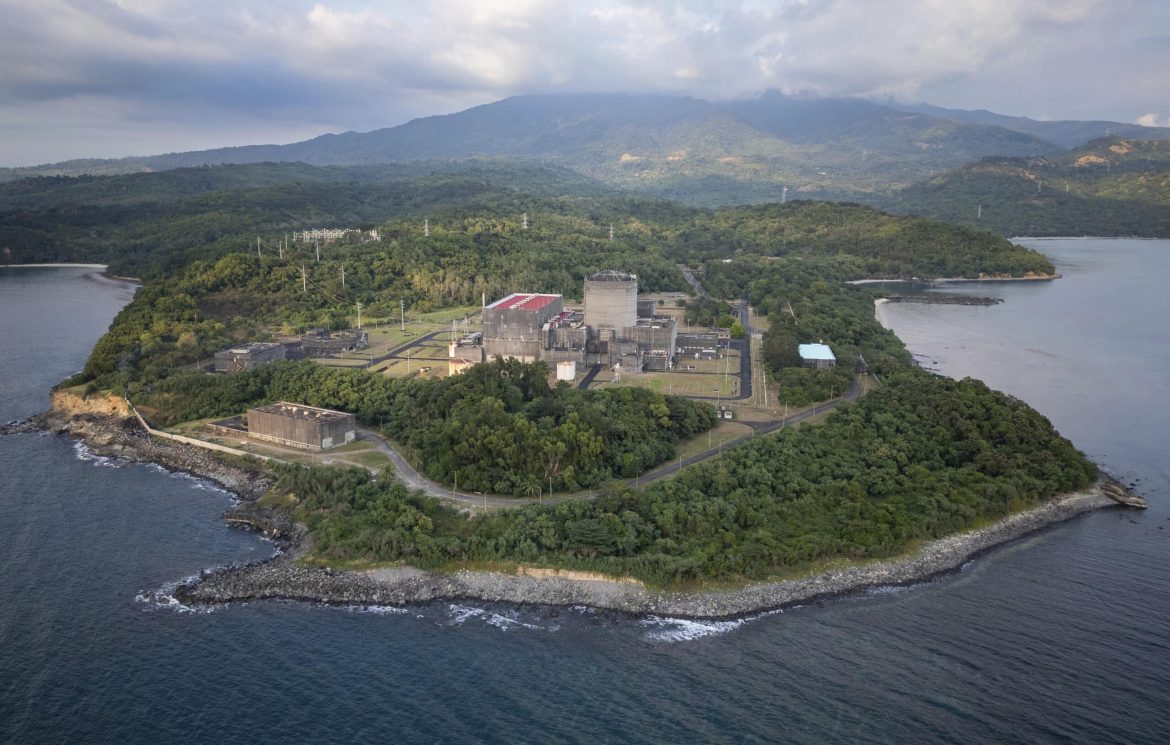Manila, Philippines — Manila Electric Co. (Meralco), a prominent player in the energy sector, has called upon the Philippine government to expedite the passage of a crucial bill aimed at establishing a nuclear regulatory body. This legislative delay threatens to impede the country’s energy strategy, which envisions integrating nuclear power into its energy mix by 2032.
Ronnie Aperocho, Executive Vice President and Chief Operating Officer of Meralco, stressed the urgency of the situation, highlighting that the Philippines is “running out of time” to meet its ambitious energy goals. He emphasized that the current administration under President Ferdinand Marcos Jr. is committed to pursuing nuclear energy as a key component of the nation’s future energy portfolio.
The core of Meralco’s appeal pertains to the proposed Philippine National Nuclear Energy Safety Act, which seeks to establish the Philippine Atomic Energy Regulatory Authority (PhilATOM). This body would be responsible for overseeing nuclear safety and security, ensuring that the deployment of nuclear power is both safe and reliable.
Aperocho and other industry stakeholders have pinpointed public acceptance as a critical hurdle, given longstanding safety concerns rooted in the legacy of the Bataan Nuclear Power Plant (BNPP) project. Initiated during the regime of President Ferdinand Marcos Sr., the BNPP was completed in 1986 but never became operational due to allegations of corruption and safety issues.
Despite these historical challenges, Aperocho has advocated revisiting the BNPP project as a potential fast-track solution for nuclear power adoption. A feasibility study on this initiative is anticipated to conclude by the year’s end.
Highlighting the indispensable role of government, Aperocho articulated that, without the PhilATOM bill, the sector is limited to conducting feasibility studies and workforce training. He underscored the importance of government partnership in achieving the country’s nuclear aspirations.
The Meralco group, spearheaded by business magnate Manuel V. Pangilinan, has been actively pursuing nuclear energy development. Notably, in April, Meralco formed a strategic alliance with Electricité de France SA, a French state-owned utility, to explore potential nuclear site activities.
Aperocho also noted Meralco’s interest in small modular reactors (SMRs), which offer capacities between 300 to 450 megawatts. He mentioned ongoing observations of an SMR project in Romania, scheduled to be operational by 2030, as a benchmark for future developments in the Philippines.
Should these SMR projects prove successful, Meralco and other interested companies are poised to participate actively in the nuclear energy sector, contributing to the Philippines’ broader energy objectives.

